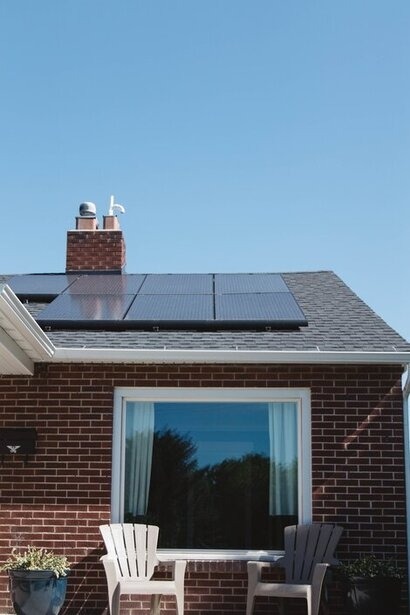
The Treasury said that the action is in response to “multiple requests”, showing that lobbying from both Solar Energy UK and Parliament on this matter has paid off.
Adding a battery system to an existing solar array improves its value by allowing energy generated during the day to be used when needed. However, under current rules, an exemption from VAT is only available when they are both fitted simultaneously. Discouraging upgrades makes existing solar homes and commercial premises more reliant on expensive, high-carbon, grid power.
“This does not really make sense” said Lord Foster of Bath last September, when advocating an amendment to the Energy Bill that would remove the anomaly. “There should not be a fiscal incentive to install a battery at one time but not at another. We should not penalise homeowners and occupiers looking to protect themselves from the energy price crisis by adding batteries to their existing home solar systems as a stand-alone item to improve the benefits. Nor should we penalise those who could not afford to do both at the same time.”
A perhaps greater Budget bonus came in the form of ‘full expensing’ – allowing companies to write off the cost of investments in certain plant and machinery in one go. The Treasury has confirmed that the three-year allowance applies to solar energy.
The sector will also likely benefit from the £63 million Swimming Pool Support Fund. This will partly fund energy efficiency upgrades to cut their running costs, which have risen to unsustainable levels due to the energy price crisis.
Solar energy has repeatedly proven its worth in the leisure sector. As highlighted in Solar Energy UK’s The Value of Solar Heat report, using solar thermal systems to provide hot water or electrified heating powered by photovoltaic panels offers impressive financial and carbon savings at low cost. Energy bills so high that they threaten closure can be brought down to nothing at all.
However, rather than investing in upgrading our antiquated electricity grid – the biggest impediment to massive private sector investment in larger-scale rooftop and ground-mounted solar systems – UK Chancellor Jeremy Hunt instead opted to talk up the role of unproven, fossil-fuelled carbon capture and storage and expensive nuclear power.
“While there are certainly valuable elements, not least on VAT for battery storage, and a short-term opportunity for solar thermal in swimming pools, yesterday’s Budget was out of step with the mainstream trends in the global energy transition, where investment is pouring into solar, wind and energy storage” said Chris Hewett, Chief Executive of trade association Solar Energy UK. “The Chancellor appeared to conclude ‘Job done on renewables, now we will focus on CCS and nuclear.’ He’s quite wrong. The country is in dire need of public and private investment into reinforcing the transmission and distribution grids. The slow pace of upgrades is pushing the expected completion of some solar projects well into the 2030s. The sector is also suffering from having no investment allowance under the Energy Generator Levy, unlike the benefits showered on the oil and gas industry.”
For additional information:

